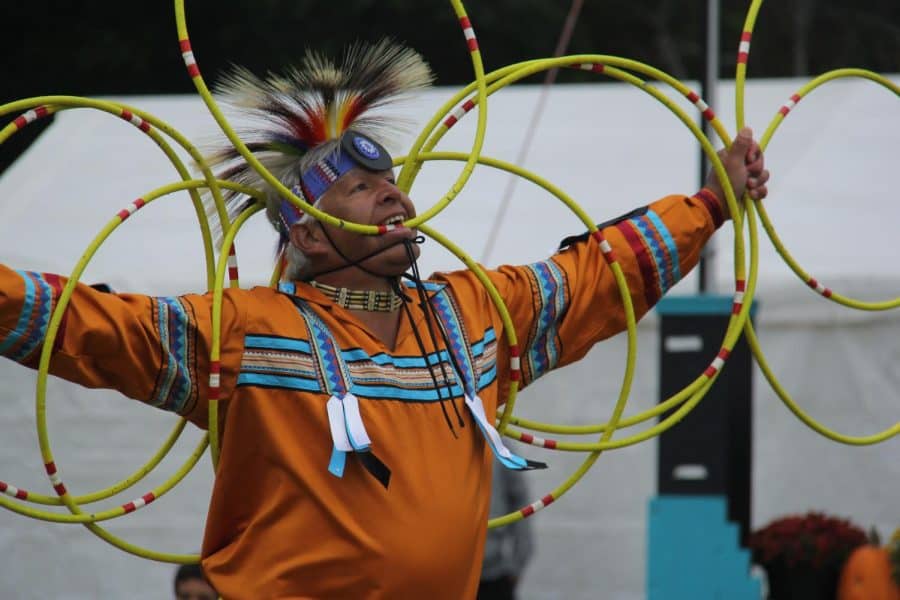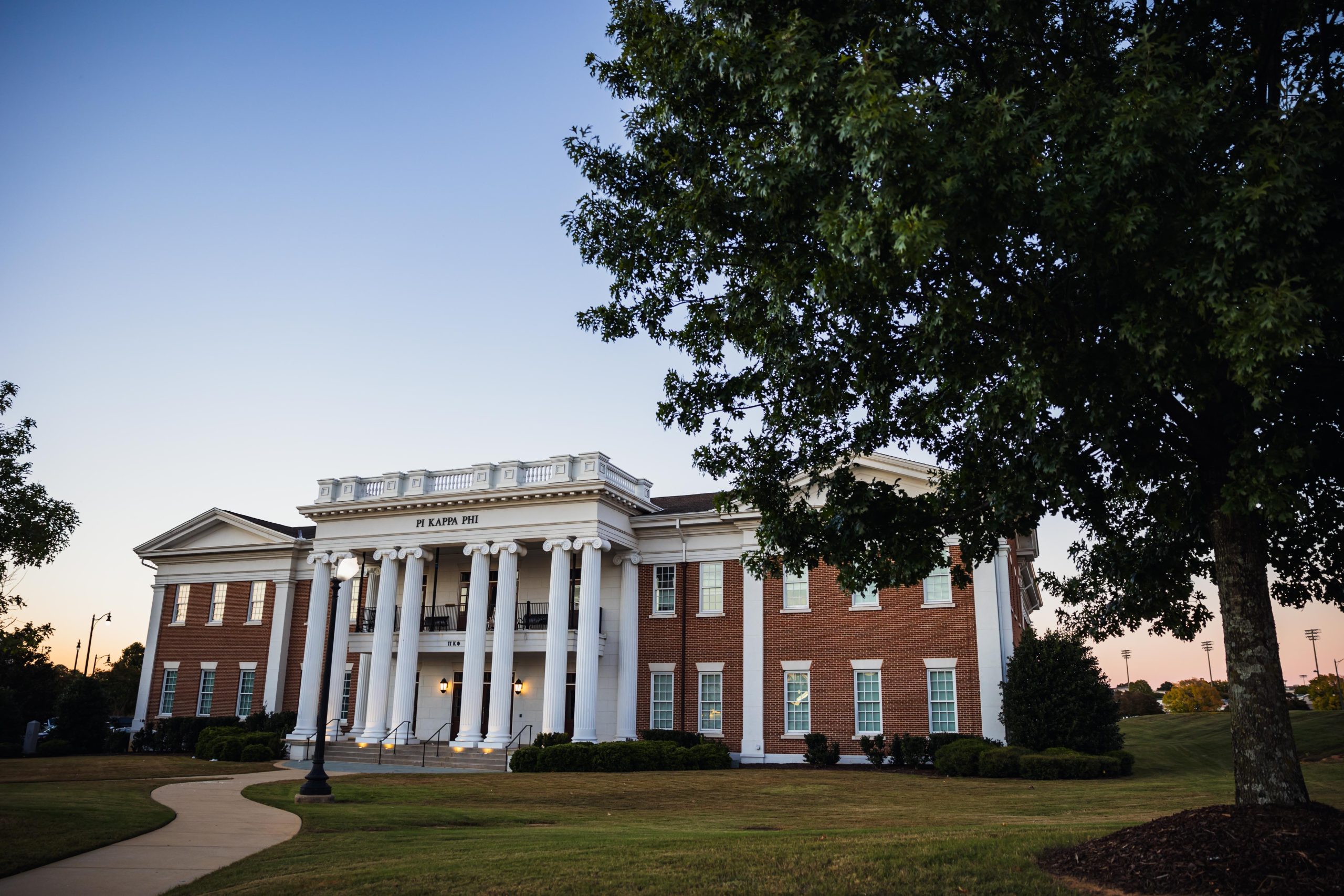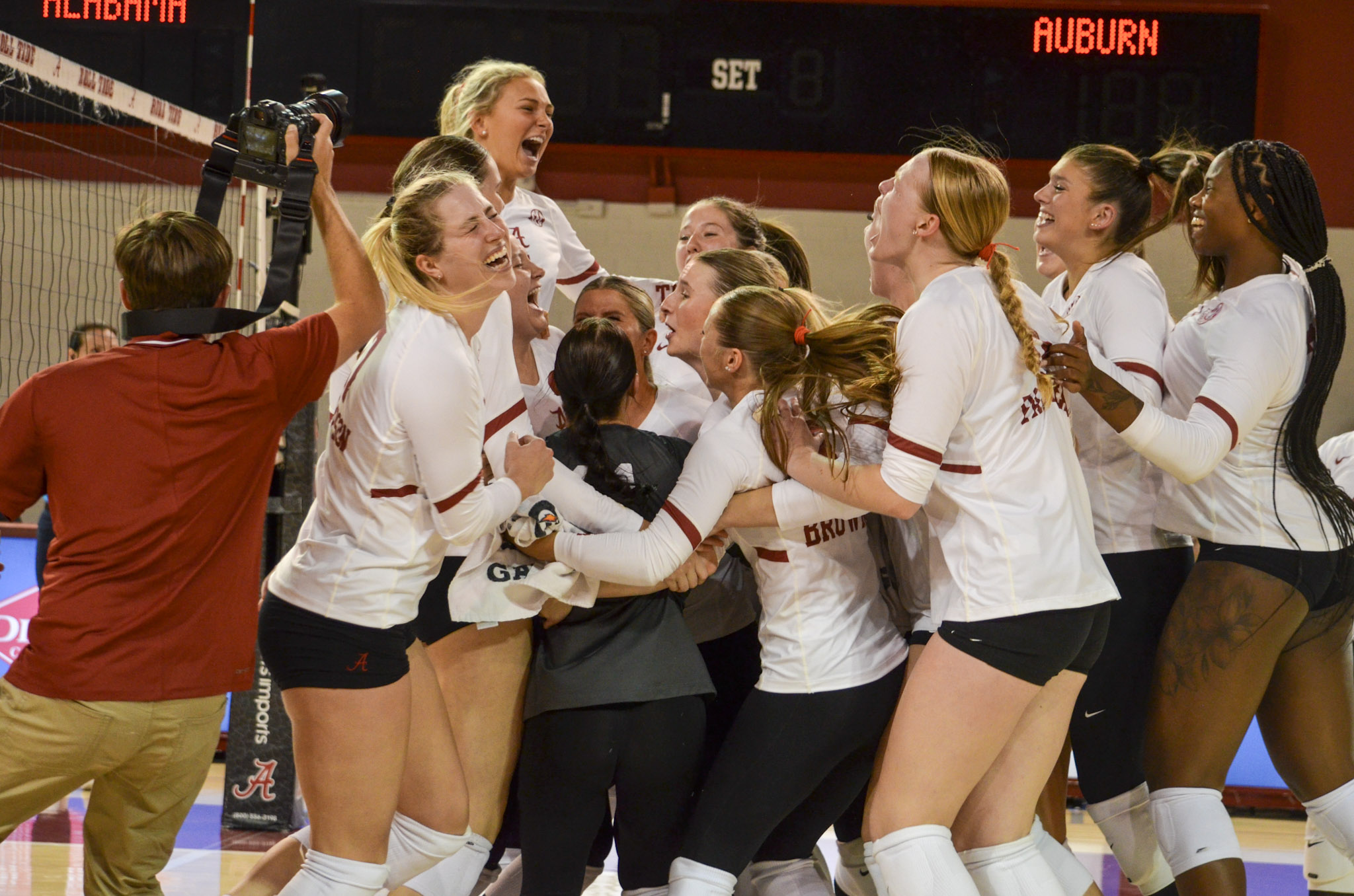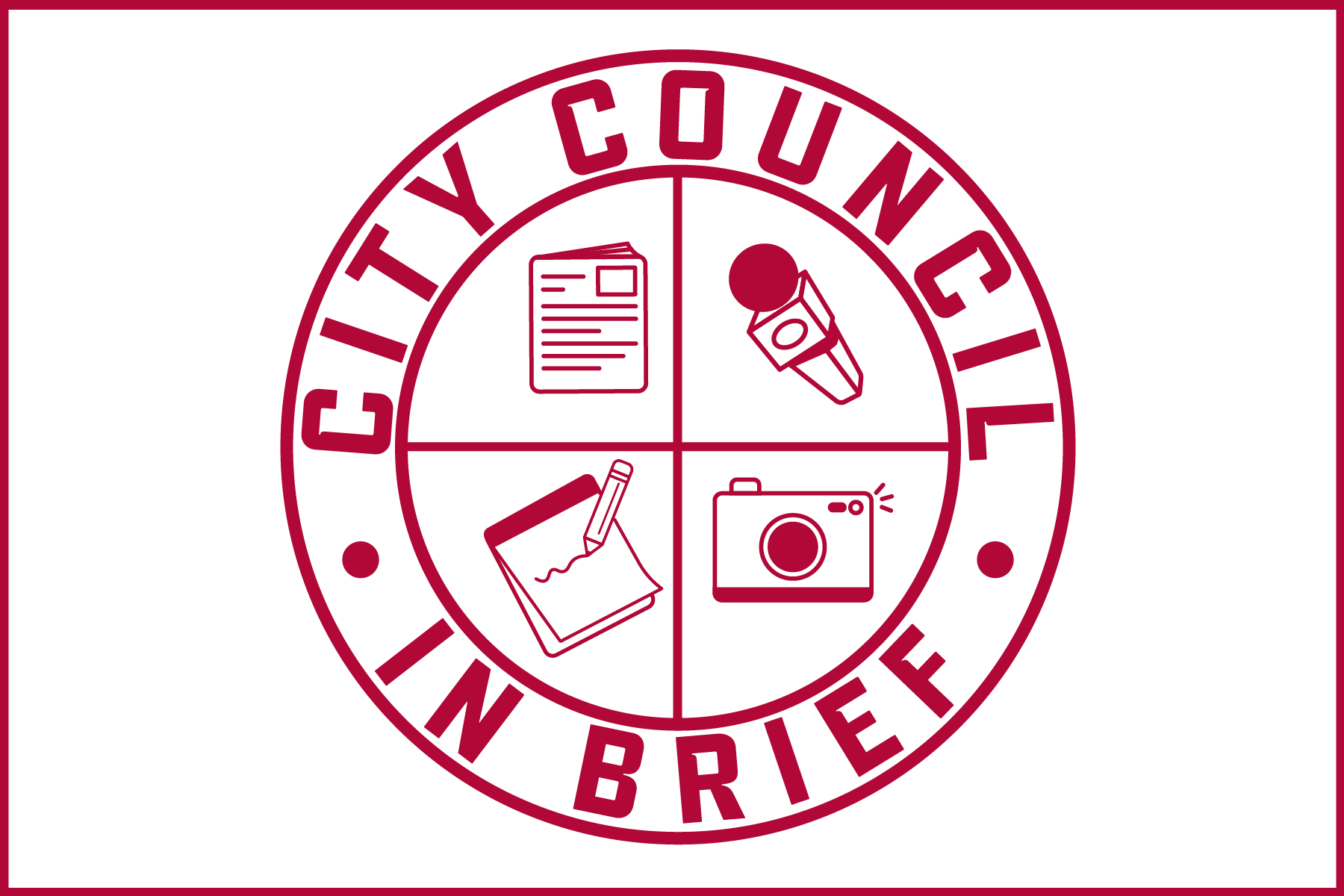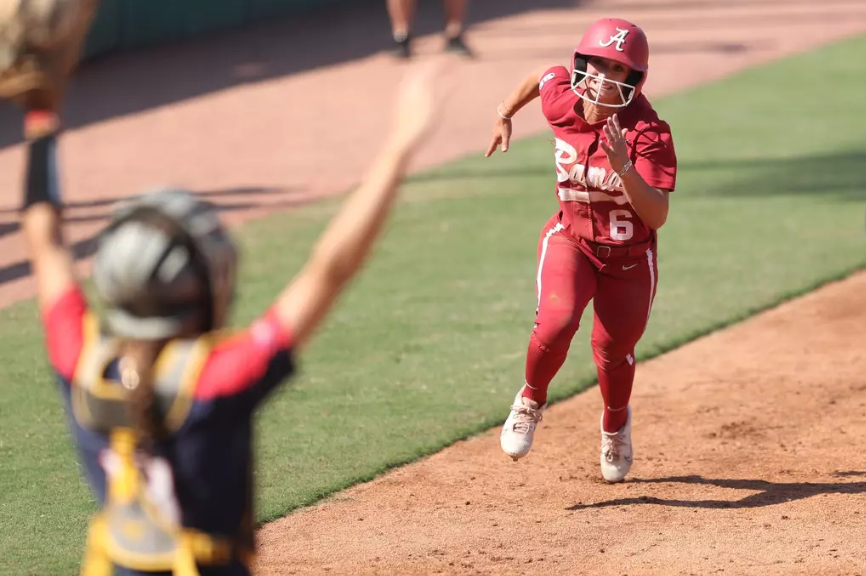Moundville festival showcases Tuscaloosa’s native history
October 14, 2019
In its 31st year, the Moundville Native American Festival once again connected younger generations with the rich history of the tribes that once populated Alabama.
The usually quiet, empty grounds of the Moundville Archaeological Park saw dozens of vendors, thousands of visitors and decades of stories told last week. The Native American Festival, which lasted from Wednesday to Saturday, is an event that is looked forward to all year by staff and tourists.
Alex Benitez, park director and University of Alabama museum studies instructor, looks forward to this event each year. Benitez has degrees in anthropology, southwestern architecture and mezoamerican studies, and he enjoys putting his education to work when it comes to running these events.
“It takes about eight to nine months to prepare,” Benitez said. “After January, that’s when we start looking into who is coming, what worked, what didn’t, any improvements that could be made, all of that.”
While some things about the festival change from year to year, the same familiar faces can be seen selling handmade items or performing before the large crowds.
“The best way to describe it is that it just feels like a homecoming,” Benitez said. “I live here at the park, and I feel like everyone is coming to my backyard. It’s like one big family reunion.”
Not only do Benitez and other long-time staff members have nearly familial connections with the festival, but the attendees do, too.
“Even some visitors have relationships with vendors and performers,” Benitez said. “That is like the extended family. These people have been coming since they were kids, and now they’re here with kids of their own.”
Kids were seen running around, using their remaining allowances to buy new handmade necklaces and arrows.
While talking with Benitez, a toddler ran by.
“My favorite part is just watching the kids’ reactions,” Benitez said, motioning to a little girl, laughing with her face painted. “She may never remember this, but in the moment, she’s here now. It’s kids like that that you want to come each year, year after year, and who knows, maybe she would volunteer here when she’s old enough.”
Not only would he like to see them volunteer, but also enjoy the festival as the younger children do. Moundville Park is about 20 miles away from campus, which Benitez cited as the leading cause for low attendance amongst students.
“I understand that transportation and knowledge is a struggle,” Benitez said. “I want to set up transportation, maybe once a month, for students to get out here. I want the campus-bound kids to be able to come out. They can come to study, eat, hang out, use the wifi and just get away from campus. We’re here for the students. Sure, we have our own missions and goals, but if we don’t serve students, then UA doesn’t need us.”
Mashrekur Viki, a doctoral student studying geology, was able to make it out to the event.
“I noticed a few students and their families there as well,” Viki said. “I think if they used the email Listserv to inform more students about the event, they would have an even bigger student turnout. They could also wave the $10 entry fee. It should be free for UA-goers.”
Students may not be able to make the 30-minute trip, but vendors come from all over just for the event. Ruth Ann Motley, along with her husband, are from the Chicago area, but find themselves all over the country. Together they collect and sell handmade artwork and jewelry.
“These are all handmade from New Mexico and Arizona, by Native American artists,” Motley said. “We go out west to buy right from the artists. We want to touch and feel and get to know what we’re buying and who we’re buying from. It’s a wonderful experience.”
Her business, Ruth Ann’s Southwest Treasures, deals with the buying and selling of these creations. The Motleys have been coming to Moundville for years.
“The artists do beautiful work, and they can ask their price.” Ruth Ann Motley said. “When working with an artist, we never try to negotiate.”
Food trucks sold authentic Native American food, and performers drew the crowds to the main stage where performances in dance and music were held.
Lyndon Alec is one of the regular performers at Moundville. He belongs to the Alabama-Coushatta tribe that began in Montgomery, but was forced to relocate to Livingston, Texas. That is where Alec now lives, and where he began his career as a hoop dancer.
“I’ve been a hoop dancer for 43 years,” Alec said. “I started when I was 12. I learned back at the reservation. It was sort of like a tourist attraction, and dancing became my summer job.”
Alec began with six hoops and now performs with up to 24 at once. He has traveled to Australia, Korea, France, Russia and Alaska, and has even performed at world famous venues like Madison Square Garden in New York. While Alec loves entertaining, it’s the learning aspect of his work that makes him the proudest.
“This is so educational,” Alec said. “It’s for the kids, to tell them how the Native Americans lived many, many years ago. We’re here to let them know that we are peaceful and loving people. Kids will ask me if I’m really Native American, and I tell them that I am. I try to teach them the Alabama-Coushatta language. My wife and I still speak the language.”
Alec recently retired from his job as a heavy equipment operator and now gets to travel and perform at powwows year round.\
“Every day I make memories with these kids,” Alec said. “It seems like we just had this festival yesterday. I always look forward to coming. This is like a home for us. We get to honor our native people and teach these kids like our ancestors taught us when we were little.”



